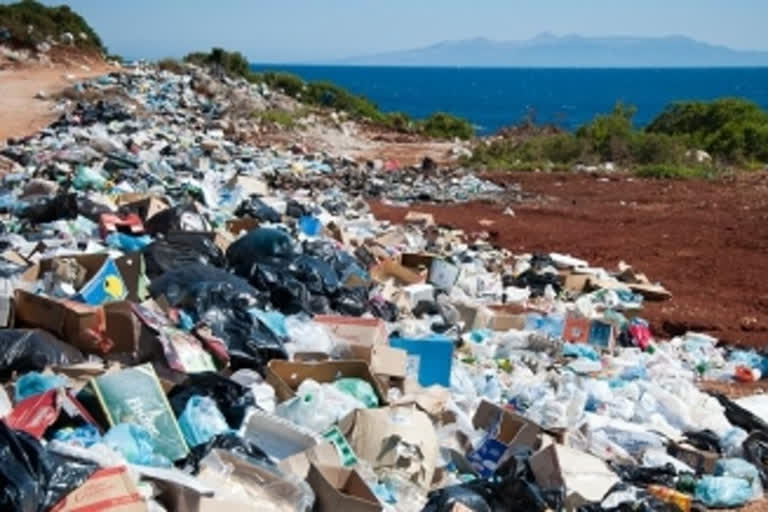London (England): Current rates of plastic emissions globally may trigger effects that we will not be able to reverse, argues a study by an international team of researchers. The study, published in the journal Science, stated that plastic pollution is a global threat, and actions to drastically reduce emissions of plastic to the environment are "the rational policy response".
"Plastic emissions are trending upward even though awareness about plastic pollution among scientists and the public has increased significantly in recent years," said lead author Matthew MacLeod, Professor at Stockholm University in Sweden. The team argued that solutions currently on offer, such as recycling and cleanup technologies, are not sufficient, and that we must tackle the problem at its root.
"The world promotes technological solutions for recycling and to remove plastic from the environment. As consumers, we believe that when we properly separate our plastic trash, all of it will magically be recycled. Technologically, recycling of plastic has many limitations, and countries that have good infrastructures have been exporting their plastic waste to countries with worse facilities," said Mine Tekman, doctoral researcher at the Alfred Wegener Institute in Germany. "Reducing emissions requires drastic actions, like capping the production of virgin plastic to increase the value of recycled plastic, and banning export of plastic waste unless it is to a country with better recycling," Tekman added.
Read: SDMC marks International Plastic Bag Free Day, carries out 'plan the ban' campaign
